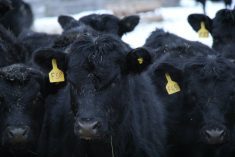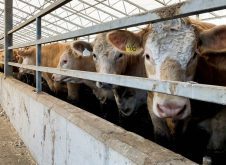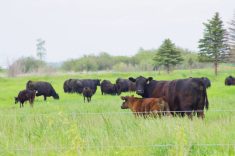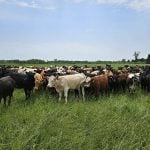If you want to sell beef, you’re going to have to learn about the new Canada, says a digital marketing expert.
“They’re not the same people as before — these are not your grandpa’s target markets, by any stretch,” Doug Lacombe, president of Calgary-based Communicatto, said at the recent Alberta Beef Industry Conference.
“Most of the major metropolitan areas in Canada are now approaching 50 per cent foreign born.”
Communicatto recently conducted a study of existing consumer preferences around beef and a key finding was how low birth rates and immigration are changing the Canadian population.
Read Also
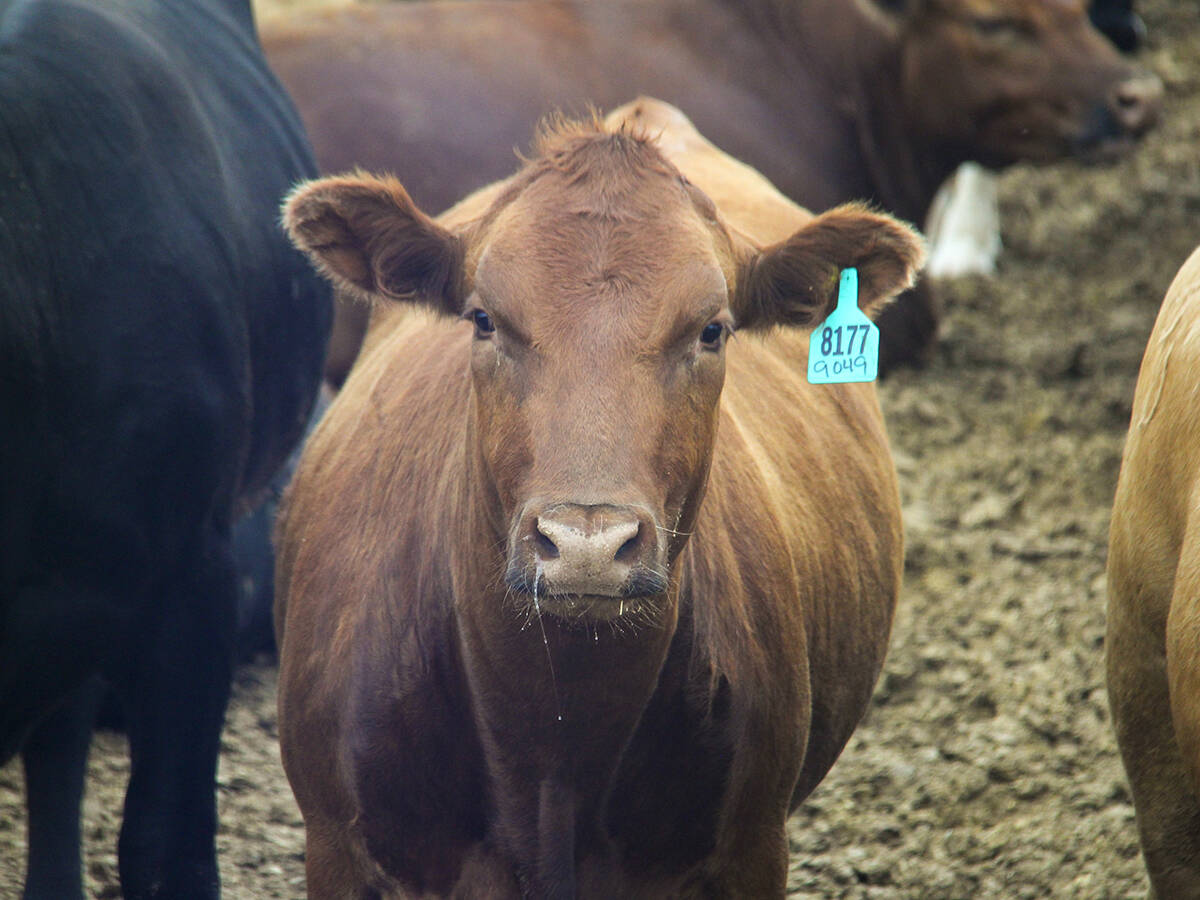
Countdown begins for traceability
Canadian cattle producers are awaiting new federal traceability regulations following a two-year consultation process.
“If we look at the way migration is going, it’s going to form the bulk of our population growth in the next 30 years,” said Lacombe.
Most newcomers didn’t grow up with the tradition of a roast beef dinner every Sunday night, he noted.
“People who come from other countries didn’t have the same experience, so we can’t count on them thinking about it in the same family-friendly sort of way,” said Lacombe.
- Read more: Accentuate the positive — consumers want a happy beef story
- Read more: Market to the people who already love your beef, says expert
As well, millennials — who have caught up with, and will soon vastly outnumber boomers as the biggest consumer demographic — have different attitudes and skills when it comes to food preparation. Notably, they spend less time preparing food than other age groups, especially during the week.
“They would like to spend 15 to 30 minutes on a meal. And not only that, they’d like to pick it up finished, and they would really like to give it over with,” he said.
Other challenges include perceived health and safety concerns, as well as pricing sensitivity around beef.
Collectively, these factors demand a new approach to beef marketing, he said.
“Two things that don’t work are being defensive or bringing science as your first defence,” said Lacombe. “We call that bringing a calculator to a gunfight. You cannot hammer them with science when it’s a feeling thing.”
Boomers are the biggest consumers of beef, but their preferences are changing because people become more health conscious as they age, he said.
“Our key finding was that chicken was every day and beef is special. The problem with special is that it doesn’t come up as much. So how do we encourage it to be more special or more every day? We have to think about frequency.”
Chicken is a big seller because it is easy to prepare, healthy, and cheap. That’s a major challenge for the beef sector, said Lacombe.
“I’m sure it’s really difficult at the producer end to envision how you can pull a lever somehow and out comes flavoured kabobs — you’re a long way away from that grocery case in that context,” he said. “The industry really does need to try and line up. I can go anywhere in the city in Calgary and get a chicken for supper and be home in 15 minutes, no problem.”
The bottom line is that the beef industry needs to innovate, he said, suggesting things such as promoting methods to prepare beef more quickly and educating chefs on how to use lower-cost cuts.
“As an industry, you have to pull together and become uniform and consistent, to support not only the brand, but also the products that are required for consumers to be interested in using beef,” said Lacombe.






